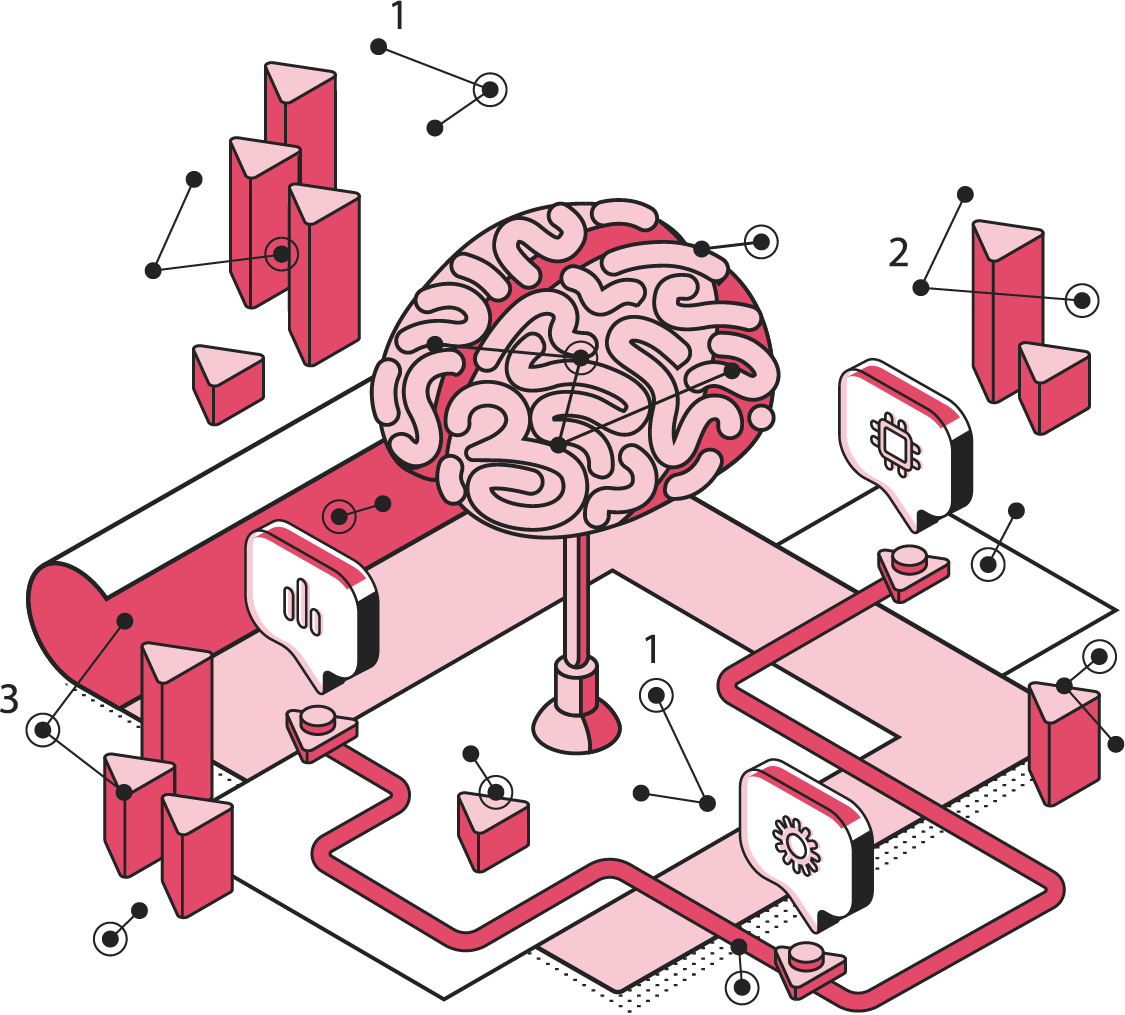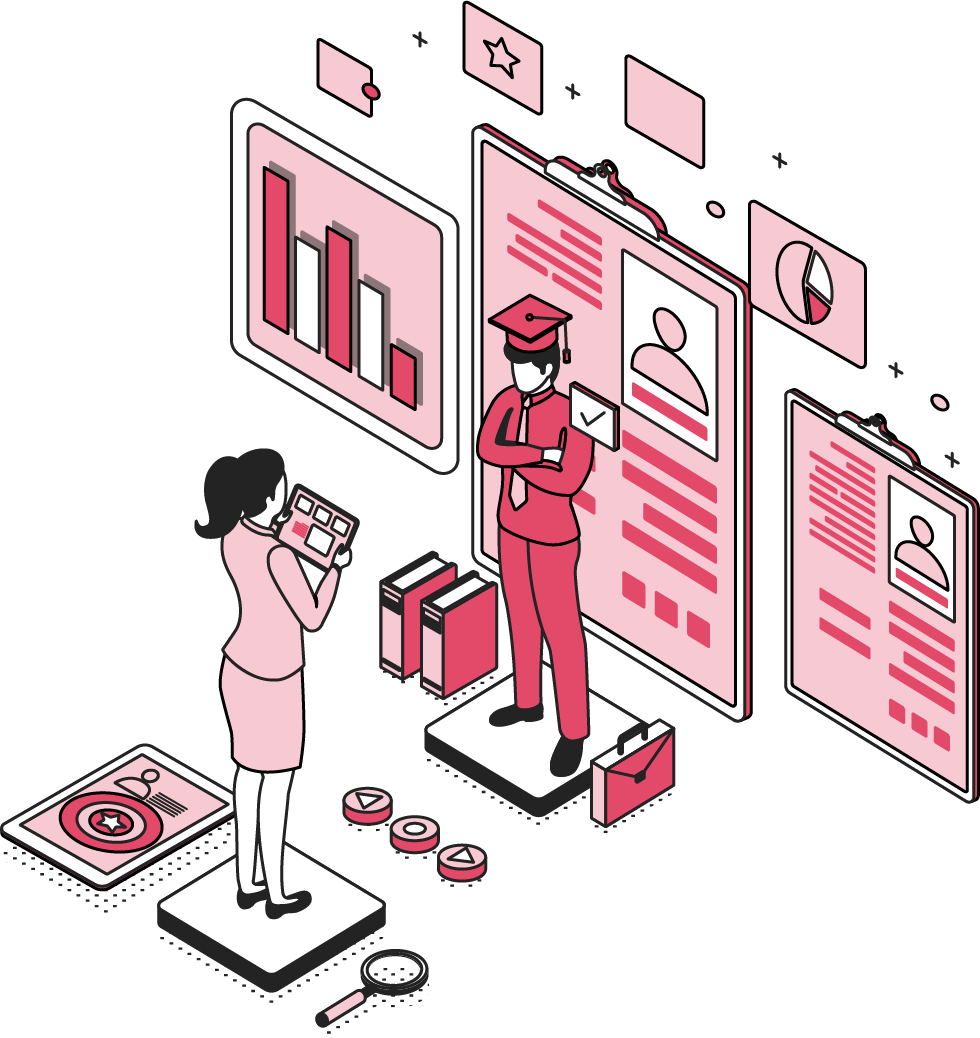The GLS Legal Operations Centre
Intelligence, resources and execution support
Transformation Tube Map
Knowledge Centre
Legal Dept.
Resources
Managed Legal Services
Members
Resources
Legal Ops
Community
Back
Group Shared Services
What Is It
The Group Shared Services station is about recognising that in a group structure, legal work is often duplicated – unnecessarily – across multiple entities. It’s about asking a simple but powerful question: “Do we really need to replicate legal capability in every business unit, or can we centralise it and do it better?”
This station focuses on identifying common legal work types – NDAs, contract reviews, compliance checks, legal research, template generation – that are required across the group and can be delivered more efficiently by a single, centralised legal support unit. Once standardised, these tasks can be automated, scaled, and delivered faster and cheaper – often without needing to engage external counsel at all.
Smart companies are already doing this. Some are even turning their internal shared legal services into revenue-generating units by offering support to external clients. GLS excels in this space – helping legal teams design, build, and operate shared service centres that reduce costs by up to 80%, while improving consistency, speed, and control.
This station is not about cutting corners – it’s about cutting duplication. It’s about building a legal function that scales with the business, not against it.
Scope
The scope of the Group Shared Services station includes:
◼️Common Work Type Identification: Mapping legal tasks that are repeatable across group entities and suitable for centralisation.
◼️Service Catalogue Development: Defining the legal services offered by the shared unit (e.g. NDAs, low-risk contracts, compliance support).
◼️Centralised Delivery Model: Establishing a shared legal support function that services multiple business units or jurisdictions.
◼️Standardisation & Automation: Creating uniform templates, workflows, and rules to enable automation and reduce manual effort.
◼️ALSP Integration: Leveraging providers like GLS to deliver overflow or specialist support at scale.
◼️Performance Management: Tracking delivery metrics such as turnaround time, cost per task, and internal satisfaction.
◼️Governance & Escalation: Defining roles, responsibilities, and escalation paths for complex or high-risk matters.
◼️Scalability Planning: Designing the shared service to grow with the business and potentially serve external clients.
Resource Status
The Group Shared Services station is considered a Specialist resource within the GLS Legal Operations model.
A Foundational Resource: Is responsible for determining the overall performance capabilities of a “critical” legal function. If it is not optimised, the function can never be optimised.
A Repeater Resource: Supports the performance of multiple "critical" legal functions and as such represents a "ripple effect" productivity intervention point.
A Specialist Resource: Is responsible for driving the performance of a very specific part of an individual legal function. Its productivity contribution is limited to that single legal function.
Best Practice Features
The best practice features of Group Shared Services are as follows:
◼️Defined Service Catalogue: A clear list of legal services that the shared unit will deliver, with eligibility criteria.
◼️Standardised Workflows: Uniform processes and templates that reduce variation and enable automation.
◼️Tiered Support Model: Differentiated service levels based on task complexity and business priority.
◼️Centralised Knowledge Base: A repository of templates, FAQs, and guidance accessible across the group.
◼️Tech-Enabled Delivery: Use of workflow tools, automation platforms, and dashboards to manage service delivery.
◼️Integrated ALSP Support: Seamless handoff to GLS or other ALSPs for high-volume or overflow work.
◼️Performance Dashboards: Real-time tracking of service metrics and user satisfaction.
◼️Scalable Architecture: Designed to expand across jurisdictions and potentially serve external clients.
Business Value
The Group Shared Services station delivers the following value to the Business:
◼️Significant Cost Savings: Reduces external legal spend by centralising and automating repeatable work.
◼️Faster Turnaround: Centralised teams deliver standardised work more quickly and predictably.
◼️Improved Consistency: Uniform templates and processes reduce legal risk and improve quality.
◼️Scalable Legal Support: Legal services can grow with the business without proportional increases in cost.
◼️Better Budget Control: Centralised tracking of legal work and spend supports accurate forecasting.
◼️Internal Capability Building: Reduces dependency on external counsel by developing in-house expertise.
Legal Department Value
◼️Resource Optimisation: Frees up senior lawyers to focus on strategic, high-value work.
◼️Operational Visibility: Centralised tracking provides insight into legal demand and performance.
◼️Process Control: Standardisation improves compliance and reduces rework.
◼️Cross-Functional Collaboration: Shared services foster cooperation across business units and jurisdictions.
◼️Innovation Platform: Creates a foundation for legal tech deployment and continuous improvement.
◼️Enhanced Credibility: Demonstrates to the business that legal is operating as a modern, scalable function.
Who Needs It
The Group Shared Services station is essential for:
◼️General Counsel
◼️Heads of Legal Operations
◼️Legal Team Leads
◼️Procurement and Vendor Management Teams
◼️CFOs seeking legal spend accountability
Productivity Consequences
A legal team operating without a Group Shared Services model will face a wide range of inefficiencies including:
◼️Duplicated Legal Spend: Multiple business units paying for the same work externally.
◼️Inconsistent Legal Output: Variability in quality, risk posture, and turnaround times.
◼️Underutilised Internal Talent: Legal resources siloed and unable to scale.
◼️Slow Delivery: Fragmented processes lead to delays and bottlenecks.
◼️Missed Automation Opportunities: No central platform for deploying legal tech.
◼️Limited Data Visibility: No consolidated view of legal demand or performance.
Tech Implication
The Group Shared Services station strongly leverages technology. It requires:
◼️Workflow Automation Tools: For intake, triage, and task routing.
◼️Knowledge Management Systems: To store and share templates, playbooks, and FAQs.
◼️Performance Dashboards: To track service delivery and user satisfaction.
◼️Collaboration Platforms: To enable cross-functional teamwork and communication.
◼️Integration with ALSPs: Seamless handoff of tasks to external partners like GLS when needed.
What Next?
Visit each Station on this Line for in-depth analysis of what it takes to make this in-house function really perform. Or you can go back to the overall GLS Legal Transformation Tube Map.
In most cases, the GLS Legal Operations Centre contains everything you need to effectively optimise this key function yourself – or feel free to reach out to us – and we can help you.

The GLS Legal Operations Centre
Register to access your complimentary Day 1 Resource Stack packed with legal team performance resources.
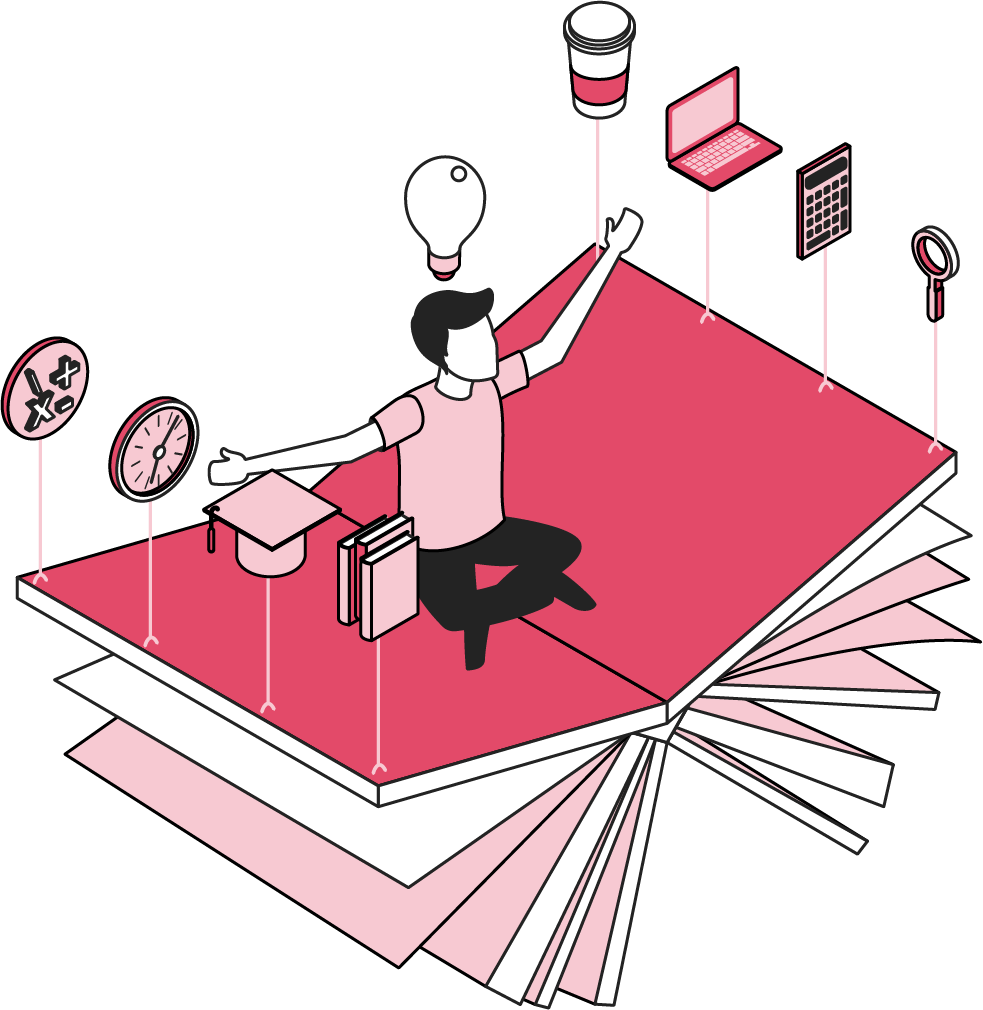
GLS Ultimate Guide To Legal Operations
Download this and read it thoroughly and regularly. It is a wonderful transformation companion.
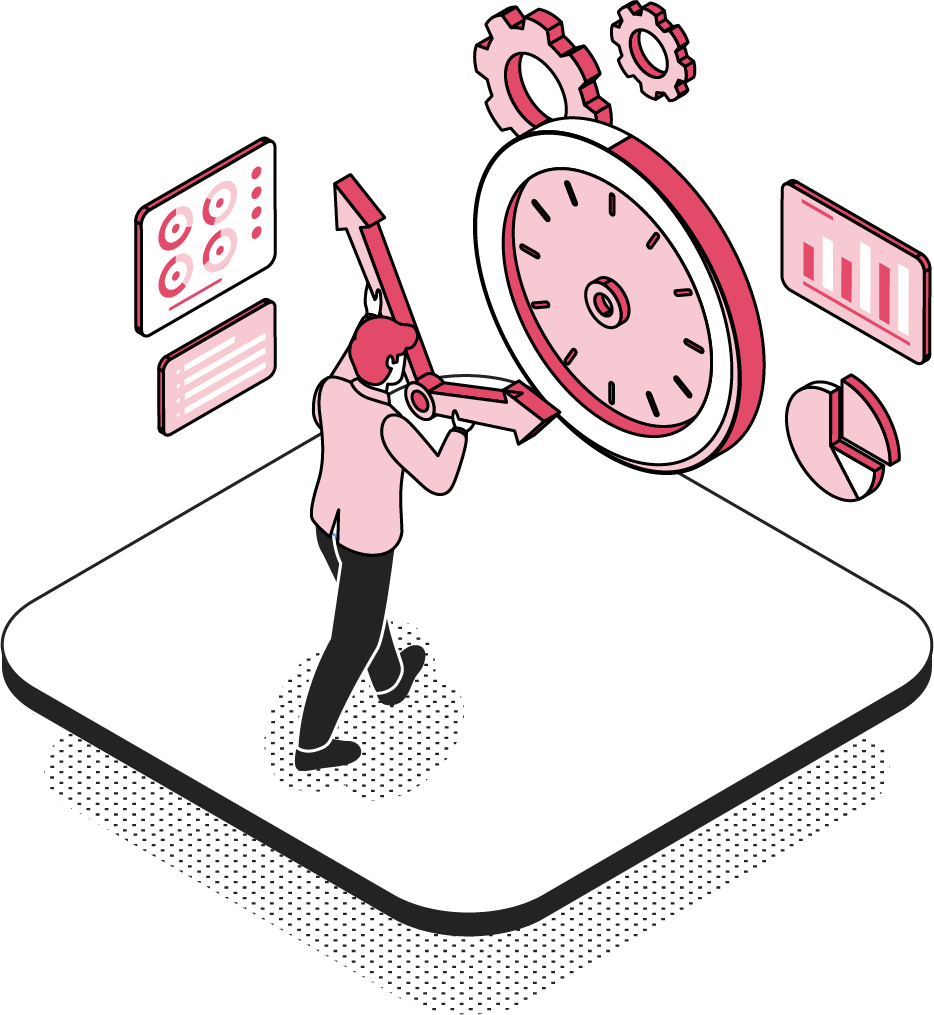
Book A No-Obligation Consultation
If you would like discuss your legal transformation needs, please book a 30 minute free consultation with us.
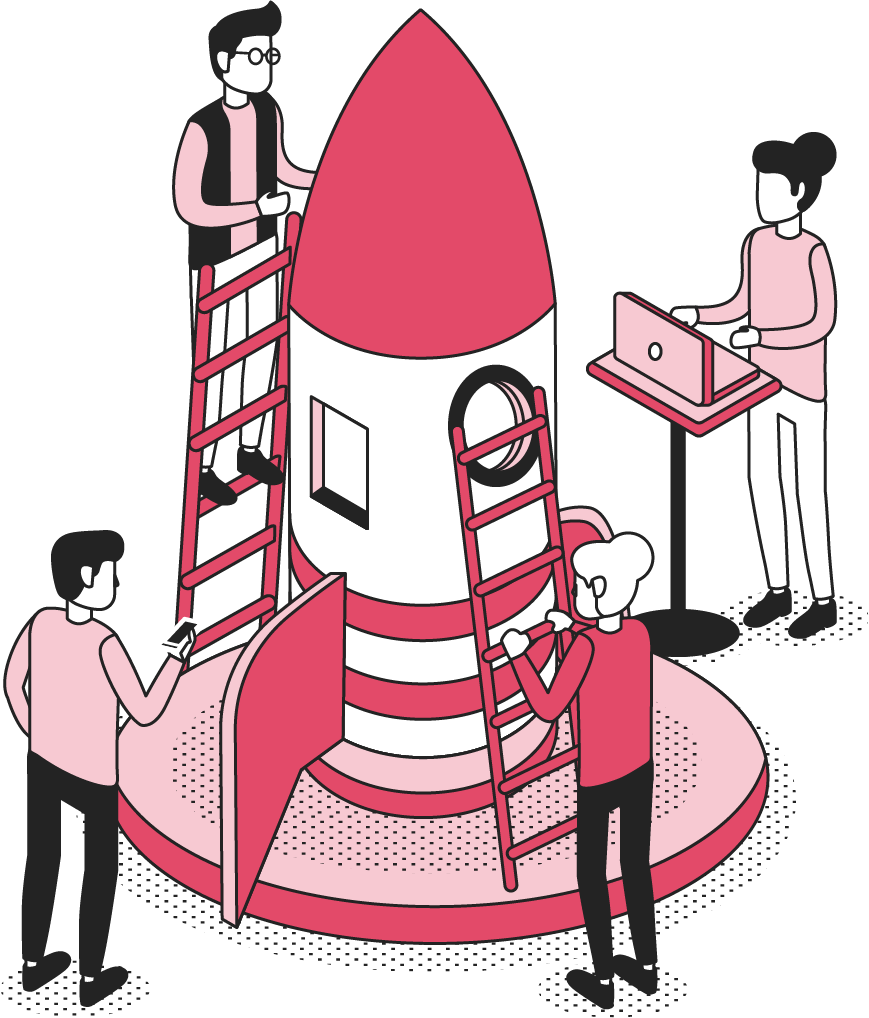
GLS Legal Transformation Boot Camp
Our hugely successful, 10-week long, email-based boot camp on how to effectively transform your legal team.
